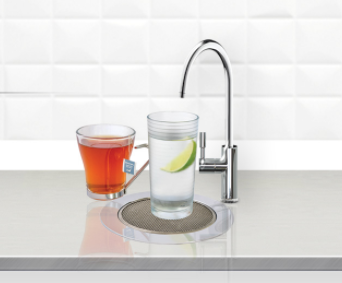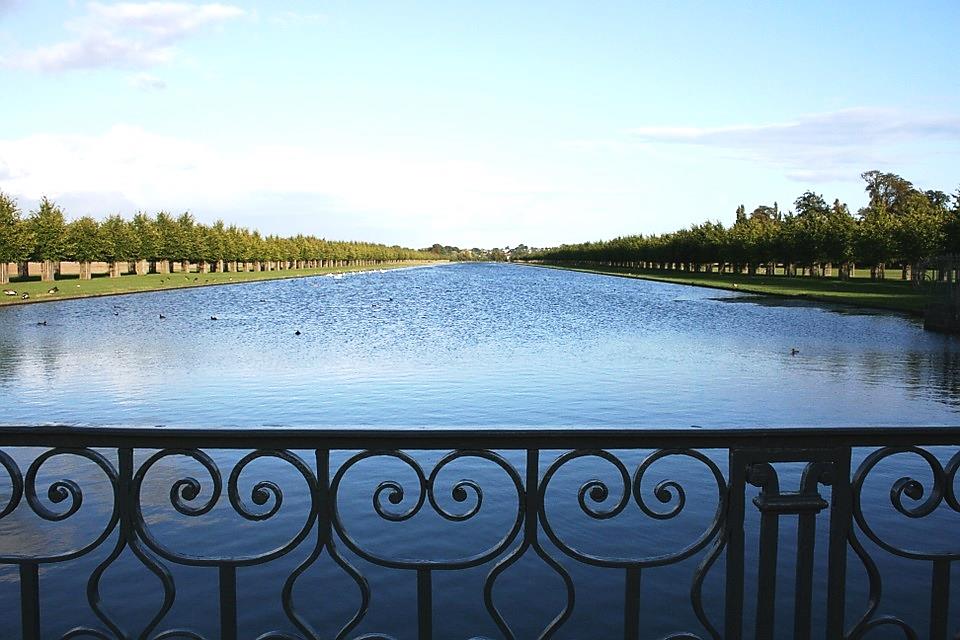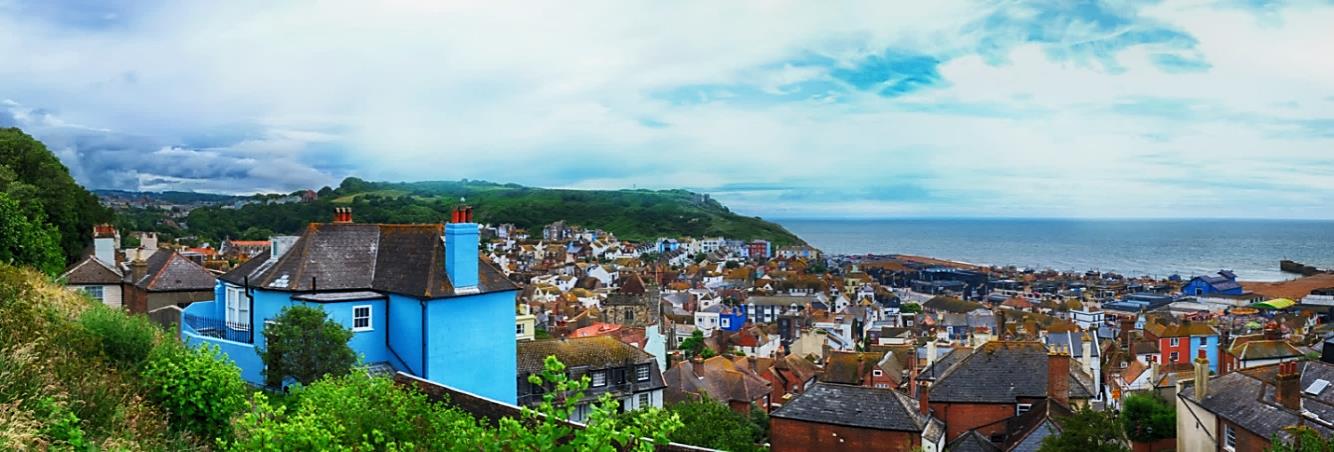
by Fern Shaw | Apr 10, 2018 | aquaid, water cooler, Water Coolers
When we see the most recent statistics of how many people in the UK make use of the internet, these figures probably won’t come as any surprise. What may be surprising though are the demographics of online use.
According to a statistical bulletin from the Office of National Statistics:
- In Quarter 1 (Jan to Mar) 2017, 89% of adults in the UK had recently used the internet (in the last 3 months), up from 88% in 2016; while 9% had never used the internet, down from 10% in 2016.
- Virtually all adults aged 16 to 34 years were recent internet users (99%), in contrast with 41% of adults aged 75 years and over.
- 90% of men and 88% of women were recent internet users, up from 89% and 86% in 2016.
- Recent internet use among women aged 75 and over had almost trebled from 2011.
- Northern Ireland is catching up with the other UK regions in recent internet use, reaching 84% in 2017; however, it remained the region with the lowest recent use.
At AquAid, we believe it’s of paramount importance to be at the forefront in being able to offer our customers easy access to our wide range of water coolers, water related products and water services.
In view of this, we developed a website some 12 years ago, which we’ve constantly striven to keep as user friendly and informative as possible. In keeping with this philosophy we launched a new website in January 2017, introducing a cleaner, more modern look whilst also incorporating a significantly more user-friendly operation.
Looking at the above stats and considering the marked increase in online queries we receive on a daily basis, this has definitely been of benefit to both our customers and ourselves.
Based on the successes brought about since the launch of our new website, we’ve looked at a number of customer-centric options. The most recent addition is the new Place an Order / Book an Engineer feature.
Should you wish to contact us online, whether you have a query or enquiry, require information or would like to order a water cooler, order your bottled water or book a service, all you need to do is simply click on the Place an Order / Book an Engineer button at the AquAid website, fill in your information, press send and we’ll take it from there

by Belinda Ollewagen | Mar 6, 2018 | aquaid, Hot Water Taps, instant tap, water cooler
Instant Taps are fast becoming a sleek and stylish alternative to more traditional water-points in office kitchens, breakout areas, boardrooms, and conferencing venues. The benefits are numerous – they provide limitless hot, ambient or chilled water in one elegant solution, all at the touch of a button; they are stylish and compact, fitting neatly into a countertop with the boiler and chilling unit discreetly hidden underneath the worktop; and their instant supply of water improves efficiency, saving organisations both time and money.
When choosing instant hot water taps there are three factors to consider:
1) Your water requirements – do you require hot, ambient or chilled water, or is it a combination of all three?
2) Placement – do you want to create more space around the sink area itself, in which case the tap can be fitted with its own drain-away tray farther away; or if countertop space is limited do you want to install it on the edge of the sink or draining board itself?
3) And your preferred supplier – of all the reputable suppliers out there, why should you choose AquAid?
Apart from being the leading water cooler company in the UK for more than twenty years now, with 23 franchises across England, Scotland and Northern Ireland servicing over 30,000 customers – the major benefit in choosing AquAid Instant Taps is our service element. With us you have full peace of mind knowing that your installation will be professional and flawless, and that any services or repairs are included in our comprehensive service plans.
Most of the UK suffers from hard water scaling and too often companies choose hot water taps that don’t include a scale management filter or some form of service plan; or they’ve purchased the unit outright and scale related issues aren’t covered by warranty, which means that a few months after installation, things start to go wrong, resulting in very costly call-out and repair fees. But with AquAid rental plans – often far more affordable than buying the unit and then adding the cost of a maintenance plan on top of that – there’s no need to worry, because we ensure that the correct filters are installed from the start and our cost-effective and fully-inclusive service plans mean no unexpected and huge expenditure further down the line.
If you’re in the process of a new build or refurbishing your office kitchen, breakout area or any other refreshment point, with AquAid you can rest assured that you’re in the best hands, whatever your water needs may be. And not only will you benefit from high-quality products and exceptional service, but for a short time only you can save even more as we are also offering free installation and three months free rental on all our Instant Taps – be sure not to miss out.

by Fern Shaw | Feb 20, 2018 | Water, water cooler
With the all-encompassing advent of our world online, I have been wondering for some time now if puns just aren’t the things of beauty they once were. Post millennium there are more social media pun dedicated pages than you could shake a stick at. I’ve also noticed (an observation, not a criticism) that quite a few are really reaching.
One can’t help but think that if puns are becoming obsolete (by the mere fact that there are just too many of them being churned out to be of any relevance) are the other witty extensions of language soon to be on a slippery slope of obsolescence?
While you ponder these thoughts, we’d like you to consider the raison d’être behind the rather pun filled headline of this blog.
As I’m sure you’ve gathered, what we’re asking (a perennial favourite) is are you adequately (AquAidly) hydrated? If not, why not? Is it because you’re unsure of what qualifies as adequate hydration? Well, there we can help.
Being as we are a water and water cooler provider of some 20 years, it’s our business to know all about proper hydration. We’re constantly checking to ensure that we’re up-to-date about all things drinking water related.
One of the ways that we pass on this information to you, dear online reader, is by providing a quick reference guide at our website. That’s here.
Aside from that, we have over 22 AquAid branches throughout the UK, staffed by highly experienced water knowledgeable teams who are more than equipped to provide you with the right water provision solution tailor-made to suit your hydration requirements.
We can’t, of course, make you hydrate properly as that’s certainly up to you. We’re also not using the terms – lead-horse-water-drink in here, perish the thought – but we are hoping that you recognise for your own health and well-being how important it is to make sure that you are aware that in order to perform at your peak, whether at work or play, you need to be adequately (AquAidly) hydrated.
We’d love to be able to assist. Contact us today.

by Belinda Ollewagen | Feb 19, 2018 | Hot Water Taps, instant tap, water cooler, Water Coolers
Instant Taps are growing in popularity and there’s been an increase in demand particularly in office breakout areas and at hotels and conferencing venues where sleek and stylish water-point alternatives are preferred. If you’re in the process of refurbishing or considering making any changes to your current refreshment area, consider the benefits and convenience of these aesthetically pleasing taps.
Versatile & Flexible
Instant Taps are versatile enough to cater for whatever your water needs may be. The AquAid Instant Tap can dispense boiling and ambient water at the touch of a button – it is adaptable to include a chilling system as well, which means that all your water needs can be met in one elegant solution. Alternatively if chilled water is your only requirement, the AquAid Chill Tap can dispense cold water at your preferred temperature. Flexible installation options allow Instant Taps to be fitted with a drain-away tray mounted into a countertop away from the sink, or they can be fitted on the edge of the sink or draining board itself.
Sleek & Compact
Beautifully designed, Instant Taps provide a sleek and stylish alternative to traditional water dispensers and boilers. Perfect for boardrooms, conferencing and refreshment stations, their versatility in terms of being able to dispense boiling, ambient and chilled water all from one tap also means they take up far less space than their traditional counterparts. Sunk into the countertop with the water boiler and/or chilling unit discreetly hidden underneath the worktop, they are compact and space-saving, allowing seamless integration into your office kitchen or breakout area.
Efficient & Cost-Effective
The main advantage of Instant Taps is in the name – it’s instant. The fact that there’s instantly-ready and limitless boiling or chilled filtered water at the ready is hugely convenient, and it saves a great deal of time too. Waiting for a kettle to boil is no longer necessary; everyone can enjoy their drink of choice at the touch of a button, making Instant Taps one of the most efficient additions to any refreshment area. And because hot water taps use less water – typically people fill a kettle with more water than they need – it’s a resource and energy-efficient option too, saving you both time and money.
Versatile and flexible; sleek and compact; efficient and cost-effective – all compelling reasons to install the AquAid Instant Tap or AquAid Chill Tap. Rest assured that whatever your water needs may be, we’ll help find the best solution for your office or organisation.

by Fern Shaw | Jan 31, 2018 | aquaid surrey, water cooler, Water Coolers
Our AquAid Surrey began operating in 1998 and is owned by Richard Hopkins. Based in Chessington, Richard and his team supply an extensive range of innovative and high-quality water coolers and dispensers to a broad range of customers in offices, medical centres, colleges and schools in and around the Surrey area. Committed to meeting AquAid’s exacting customer service standards, they pride themselves on the superior service they provide to over 4,000 customers.
Areas Covered: Chelsea, Chertsey, Chessington, Clapham, Croydon, Fulham, Godalming, Guildford, Hammersmith, Heathrow, Kensington, Kingston, New Malden, Putney, Sutton, Teddington, Twickenham, Wandsworth, Wimbledon, Woking.
AquAid Surrey is located at: Unit 8, Chessington Trade Park, 60 Cox Lane, Surrey, KT9 1TW
Surrey is one of the most fascinating counties of England, as these snippets will attest to:
- Originally an area attached to the Kingdom of the Middle Saxons (Middlesex), the name Surrey itself derives from ‘the southern region’.*
- The three most popular street names in Surrey are High Street, Church Road and Station Road.*
- Guildford is named after a ford of golden sand just south of the town – it was dredged in 1760 when the river was deepened to make it navigable for barges up as far as Godalming.*
- The name Godalming itself, meanwhile, comes from the area belonging to ‘Godhelm’s people’. This Godhelm was, according to local legend, a fierce and bloodthirsty English pagan warrior.*
- Such was its fame, apparently, slips from the Weeping Willow planted by Alexander Pope in his garden at Twickenham were sent to the Empress Catherine of Russia.*
- In HG Wells’ The War of the Worlds, the sixth Martian invasion cylinder landed in Wimbledon.*
Whether you’re based in Chelsea, Heathrow or Putney, AquAid Surrey is more than equipped to meet all of your water cooler and water-related product requirements. Contact one of their friendly team members today.
*sources: Surrey Life; Information Britain; Express

by Fern Shaw | Jan 31, 2018 | AquAid South Kent, water cooler
Located in South East England, our AquAid South Kent branch is one of our longest-standing branches and is owned and managed by the very experienced Manetta Leigh. Based in Eythorne, Manetta and her team supply an extensive range of innovative and high-quality water cooler and dispensers to offices and schools in and around the South Kent area. Committed to meeting AquAid’s exacting customer service standards, they pride themselves on the superior service they provide to hundreds of customers.
Areas Covered
Ashford, Bexhill, Broadstairs, Canterbury, Deal, Dover, Folkestone, Hastings, Herne Bay, Hythe, Margate, New Romney, Ramsgate, Rye, Sandwich, St Leonards, Westgate, Whitstable.
AquAid South Kent are located at: Eythorne Court, Shepherswell Road, Eythorne, Nr Dover, CT15 4AD
Wherever you’re situated in the regions that AquAid South Kent serves, it’s sure to be an area of great interest, historically or otherwise:
Canterbury – The Canterbury trot was the name given to the way pilgrims rode their horses to get to the city before the nighttime curfew. That was the origin of the verb ‘to canter’.
Hastings is one of the medieval Cinque Ports. It has the largest beach-launched fishing fleet in Europe. The beach is called Stade, which is a Saxon term meaning landing place.
The town is most famous for 1066 – the Castle was built by William the Conqueror. Its ruins are at the top of the West Hill, and the steepest funicular railway in Britain takes passengers from the Old Town up the hill to the Castle.
Margate – In the 1700s, bathing in the sea and drinking seawater became a fashionable cure for all sorts of diseases. From the Georgian period onwards, visitors from London began flocking to resorts like Margate for the seawater cure and increasingly as a place to socialise. Margate has built a reputation as a place for bathing in the sea, both for health and pleasure.
Ramsgate was a main embarkation port from the UK during the Napoleonic Wars. On one occasion, 40,000 troops embarked from the town. During World War Two, Ramsgate was a major contributor towards the rescue of the troops from the Dunkirk Beaches.
The first international hover port in the world was at Pegwell Bay in Ramsgate.
Sandwich has had at least eight windmills over the centuries, the earliest reference to a mill being dated 1608. The White Mill is the only survivor. It was built in 1760 and worked by wind until 1929, then by engine until 1957. Today, it has been restored and is a heritage and folk museum.
Wherever you’re based in one of the 18 locales detailed above, AquAid South Kent caters for all your water cooler and dispenser needs. Contact one of their helpful team members today.
*sources: Discoverbritainstowns Visitthanet Ramsgate Wikipedia






